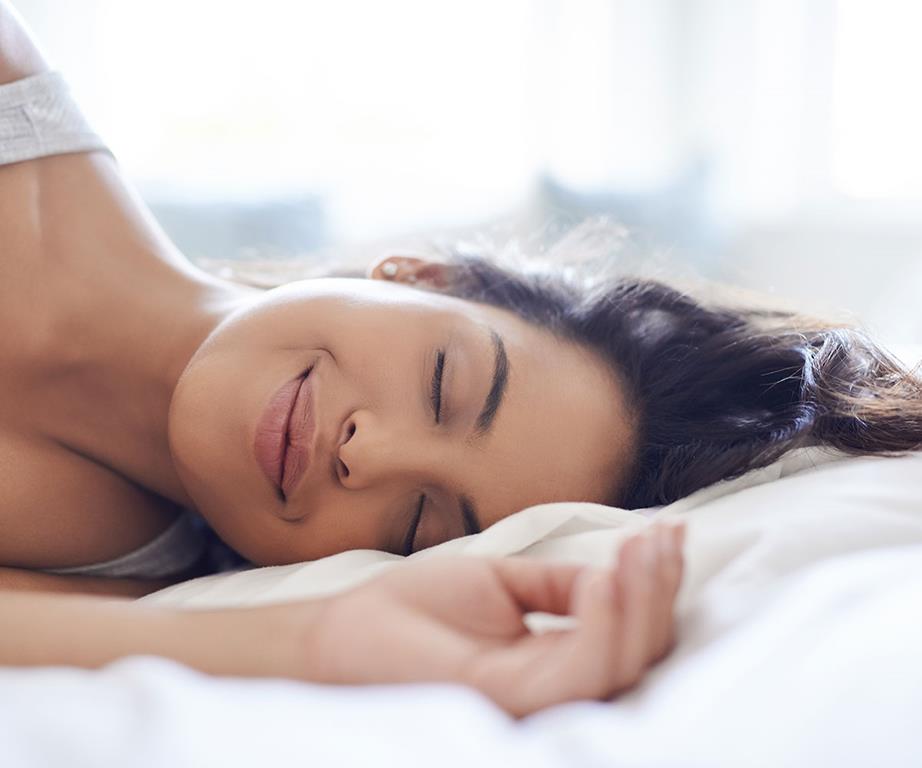Duchess Catherine recently revealed that she enjoys the Japanese activity of ‘forest bathing’ – a healing ritual called shinrin-yoku whereby one surrounds themselves in green, forest atmosphere – and it seems she definitely has the right idea.
It has become a preventative health care and healing technique in Japanese medicine and now a new, first of its kind study has discovered just how long you should spend in nature for it to have a measurable effect.
According to the findings, taking just 20 minutes out of your day to sit or stroll in nature, also referred to as taking your ‘nature pill’ can significantly lower your levels of the stress hormone cortisol.
Lead author of the study, Dr MaryCarol Hunter from the University of Michigan, says while it had already been proven that spending time in nature reduces stress, until now it was unclear how much was enough, how often to do it, or even what kind of nature experience will actually benefit us.
“Our study shows the greatest payoff, in terms of efficiently lowering levels of the stress hormone cortisol, you should spend 20 to 30 minutes sitting or walking in a place that provides you with a sense of nature,” Dr Hunter says.

Just 20 minutes of walking or sitting in nature can significantly lower your stress levels. (Image: Getty)
Dr Hunter says these ‘nature pills’ could be a low-cost solution to help reduce the negative health impacts of growing urbanisation and indoor lifestyles dominated by screen-time.
The study, which was recently published in Frontiers in Psychology, monitored participants who were asked to take a ‘nature pill’ of a duration of 10 minutes or more, at least three times a week, over an eight-week period.
Their levels of the stress hormone, cortisol, was measured once every two weeks taken before and after a nature pill by taking samples of their saliva.
Dr Hunter explains the participants were able to choose the time of day, duration and the place of their nature experience, which was defined as anywhere outside that in the opinion of the participant, made them feel like they were interacting with nature.
“There were a few constraints to minimise factors known to influence stress,” Dr Hunter says.
“Take the nature pill in daylight, no aerobic exercise, and avoid the use of social media, internet, phone calls, conversations and reading.”
She says the researchers intentionally gave participants personal flexibility as it gave a more accurate result of how it would affect people living their day-to-day life such as unpredictability and busy schedules, rather than something that was in a controlled environment.

Dr Hunter says now healthcare practitioners have an evidence-based ‘dose’ for the ‘nature pill’. (Image: Getty)
Dr Hunter says the research can give healthcare practitioners an evidence-based rule of thumb on what to put in a nature-pill prescription and provides the first estimates of how nature experiences can impact stress levels in the context of normal daily life.
“Our experimental approach can be used as a tool to assess how age, gender, seasonality, physical ability and culture influences the effectiveness of nature experiences on wellbeing.
“This will allow customised nature pill prescriptions, as well as a deeper insight on how to design cities and wellbeing programs for the public.”
So, if you’re feeling a little stressed, make like royalty and take some time out to immerse yourself in nature – it could make you stress less.
 Getty Images
Getty Images

